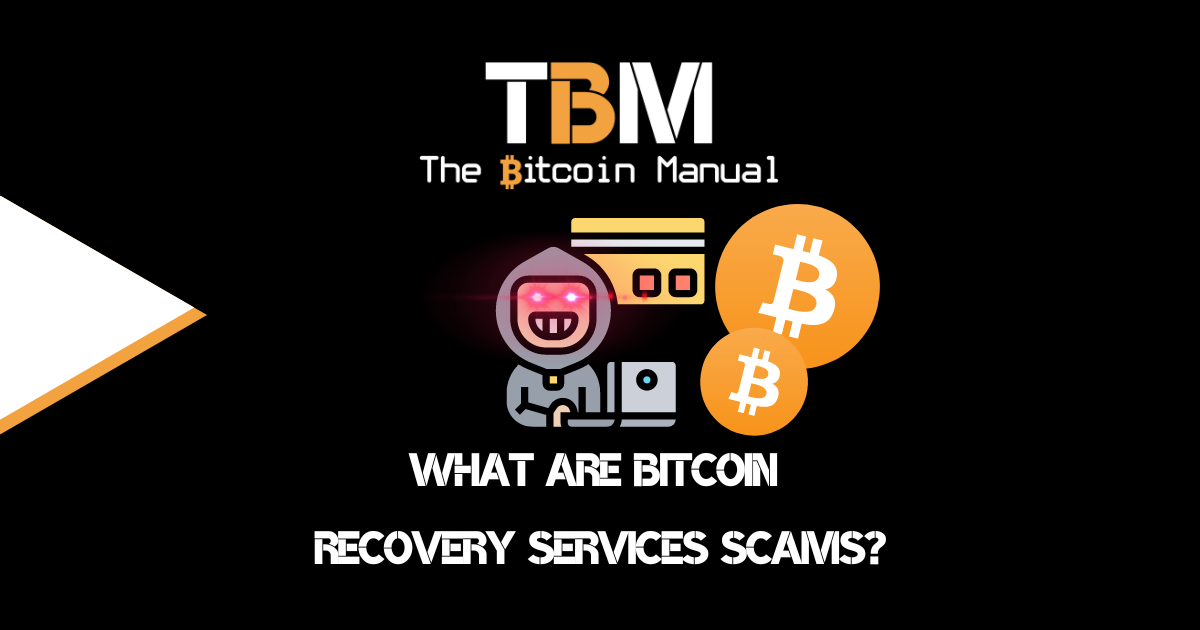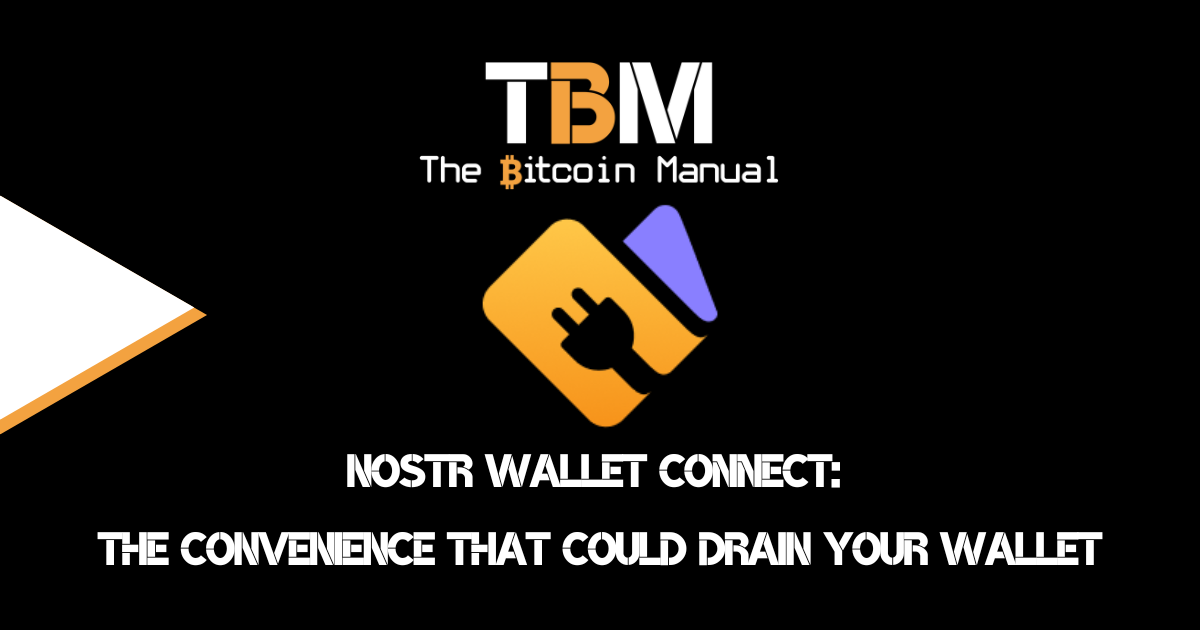Entering the Wild West of Bitcoin, it’s almost a right of passage to have some of your funds stolen or lost, with scams being a satoshi a dozen. Very few of us fall down the rabbit hole without making mistakes, taking on some losses; some say losses, but I say costly lessons.
I completely understand why so many people get scammed in this space; if you’re walking in without the willingness to learn, you’re walking into the casino with a sign around your neck saying take my money.
I mean, look at everything below Bitcoin on Coin Market Cap and CoinGecko, actively promoting themselves, and those are only the most popular scams masquerading as tokens projects; as you dive deeper into the space and go further down the risk curve, past the larger cap dog coins, that’s where you find the natural dog shit.
This is where the scammers make all the money.
It’s impossible to track and mention every scam running; there’s a new one popping up every day with the sole aim of suckering in as many victims as possible before going rogue, rug-pulling their domain and social accounts and leaving you high and dry.
These scams usually involve sending some “company” Bitcoin, and somehow they’re going to generate a yield on it for you; while your dashboard is up and running, you’ll see some insane APR figure “paying out”, and once you’re ready to reclaim your funds, you’ll find these scammers aren’t very cooperative.
Eventually, enough suckers catch on, and once the heat is on, they up and disappear, and this cycle will continue to repeat itself if people refuse to understand Bitcoin and how to use it for self-custody.
Scam squared
As someone who humbly stacks sats and HODLs, I don’t entertain this nonsense, and it’s as far from my mind as possible. However, recently, I received an email from a scam victim, so I thought I might as well turn our correspondence into an article.
Let’s start from the beginning: you’ve sent your funds to some fake broker/trading platform, and they’ve ghosted you; you have no way to contact them, and you’re stuck.
So you hit up Google, or you seek help from the cesspool, which is social media, and you see a post, ad, or listing stating,
“We can get your money back from X or Y platform.”
And you’re filled with hope. Finally, someone can save you from the previous mistakes; sadly, you’re just signalling another cohort of scammers that you’re ready to get hurt again.

These recovery services are yet another scam, one that preys on individuals who have lost access to their Bitcoin, often due to hacking, phishing, or lost keys.
How Do These Scams Work?
Bitcoin recovery service scams typically present themselves as legitimate companies offering to help users recover lost or stolen funds. Bitcoin recovery services are available, but they focus on situations where the user has managed a signing device hard drive or has a partial set of private keys.
They do not magically have the power to reverse transactions on the blockchain, but that doesn’t stop scammers from lying to you and promising you the world.
Here’s how they generally operate:
- Initial Contact: Victims often find these services through social media, targeted ads, or search engine results promising quick recovery of their lost Bitcoin.
- False Claims: Scammers claim to have sophisticated methods or tools that can help recover Bitcoin despite the decentralised nature of Bitcoin, which makes actual recovery highly unlikely.
- Payment Upfront: After engaging the victim, they typically ask for an upfront fee for their “services,” often in the form of Bitcoin or other cryptocurrencies. This fee can range from hundreds to thousands of dollars.
- Disappearing Act: Once the payment is made, the scammers often disappear, providing no real recovery services and leaving the victim with empty pockets.
Why Do Scammers Target Popular Hacks?
Scammers are keenly aware of high-profile hacks and security breaches that make headlines. These incidents generate fear and urgency among Bitcoin holders, prompting individuals to seek immediate help.
By targeting popular hacks, scammers can capitalise on the heightened anxiety of users who feel they may have lost their assets.
Targeting Naive Bitcoin Holders
Many victims of these scams are relatively new to the cryptocurrency space. Their lack of experience and understanding of how blockchain technology works makes them more susceptible to these fraudulent claims. Scammers exploit this naivety, convincing victims that they possess the expertise required to recover lost funds.
The Cycling of Victims
Cycling victims refers to the method by which scammers continue to target the same group of individuals. After successfully defrauding one victim, they often create new identities or websites to lure in additional victims, maintaining a cycle of deception.
This allows them to keep the scheme running indefinitely as they target those who have already suffered losses.
Attracting Leads Through Social Media and Ads
Scammers use various digital marketing tactics to attract leads.
These may include:
Social Media Campaigns:
They create profiles or pages that appear legitimate, often posting testimonials from fake accounts to build trust.
Ads are crafted to appear in the feeds of potential victims, promising instant recovery.
You’ll even find bot accounts making fake comments and tweets claiming they successfully recovered their funds; it’s all a lie.
Yes, people lie on social media. It’s shocking, I know.
Search Engine Optimisation (SEO):
Scammers often employ SEO tactics to ensure their websites rank highly on search engine results. This increases their visibility and makes them appear credible to those searching for recovery services.
Since these are very niche search terms like platform brand name+recovery or something to that effect, it’s fairly cheap to bid on these terms or target them through landing pages on a new site.
The only people competing to rank for these terms would be scammers since they’re offering a service that doesn’t exist.
Faked News
Several scammers successfully accessed local news websites through free or low-cost online press release distribution services.
Here’s how it works:
- The fraudsters create websites posing as fraud recovery investigators. The website is used to solicit fraud complaints but also includes reassuring customer testimonials, A-plus ratings, and five-star reviews.
- The scammers write a press release about avoiding and recovering from fraud, a breakthrough technology, or an outstanding success record in returning money to victims.
- Links to the scam’s website are cleverly planted in the press release. Often, the fraudsters are quoted as expert sources.
- The press release is then uploaded to a network of subscribing news outlets.
Cash-strapped small-town newspapers or community news websites subscribe to these services and automatically post press releases to complement their locally written news, but these pieces aren’t properly vetted and can lure in readers.
Likewise, some larger news aggregation websites may subscribe to these automated services to provide broader business or industry news coverage.
How to Spot Bitcoin Recovery Scams
As I mentioned, if you never had the keys to those coins in the first place, you have no leg to stand on in any type of recovery, and you should just cut your losses.
But if you do hold out some hope that a snake oil salesman can perform the impossible, then when listening to their pitch, look out for these signs, and it might save you from becoming a victim.
Here are some red flags to look out for:
- Unsolicited Offers: If you receive a message or an ad offering recovery services out of the blue, proceed with caution. This usually comes from either the original scammers themselves cooking up a second smash and grab, or they’ve sold the list to social engineering hacker groups looking to make a quick buck.
- High-Pressure Tactics: Scammers often create a sense of urgency, pressuring you to act quickly. Be wary of anyone pushing you to make hasty decisions.
- Lack of Transparency: Legitimate recovery services should be able to provide detailed information about their methods and success rates. If they’re vague or unwilling to share information, it’s a red flag.
- Upfront Fees: Be suspicious of any service that requires payment upfront, especially in cryptocurrency, which is difficult to trace.
- Too Good to Be True Claims: If a service promises to recover funds quickly and easily, it’s likely a scam. Recovery is often a complicated process, especially in the crypto world.
If you see any of these red flags, walk away and go no contact; it’s not worth it.
The FBI and your local authorities are reactive, not proactive.
In September of 2024, the FBI shut down the web domains of the following cryptocurrency recovery services: MyChargeBack, Payback LTD, and Claim Justice. These companies claim to provide cryptocurrency trading and promise to recover lost funds.
Representatives of these companies often advertise strong success in recovering victim funds but have no track record in doing so. They often charge significant upfront fees and ask for a commission should funds be recovered.
These companies use extensive social media advertising, including false reviews, to convince victims of the legitimacy of their services.
While authorities are doing their bit to shut down these scams, it’s pretty cheap to buy a domain and spin up this scam repeatedly. Additionally, it takes a while before these scams get larger enough for the authorities to take action, so there will always be victims to sucker in.
Your only absolute protection is not to trust anyone and verify yourself.
If you’re not running a node and taking self-custody of your Bitcoin, you’re always running a non-zero chance of losing your money.
What can I do if I’ve lost funds?
If you are a victim of a Bitcoin scam, the only course of action you have is to collect as much data as you can, such as:
- Names of the people you spoke with
- Company branding and documentation
- Social profiles
- Photos
- Public addresses/TXIDs/UTXOs
- Collect information from other victims
And report it to your local authorities; a fraudulent business is a crime, of course, and hopefully, in your case, it was a local criminal and not some foreign scammer, or you’re really out of luck.
If you have enough information to build a case, you can encourage authorities to share the blacklist of coins with exchanges, and if the scammer ever tries to sell your coins (without conjoining) on a regulated exchange, those funds could be seized.
Some scammers in the past were dumb enough to use regulated exchanges and have been caught, while others remain at large to this day because they know how to properly liquidate funds without tying them to them.
Regardless, it’s still something you can do to put your mind at ease. However, the hope of recovering funds remains pretty small.
Once, twice, three times, a scammer
Now you’re probably thinking I’m being a bit harsh; why not show a little sympathy for the moron who lost their Bitcoin? Because I was that moron.
Back in 2016, I was hacked after leaving my funds on a fly-by-night crappy exchange, and I paid the price for it; if that lesson wasn’t so painful, I wouldn’t have learned the value of self-custody and why whatever the price of an on-chain transaction is, it’s still a bargain when you consider the latter, which is losing all your funds.
Would I love it if someone could recover those funds for me? Absolutely, but I am not a child, and I don’t believe in fairytales. If you’re reading this sober, I hope you take it as a sign that you need to take it on the chin and move on.
Learn from your mistakes, exercise caution, do thorough research, and speak to experts regarding financial matters in the Bitcoin space.
Do your own research.
If you want to learn more about recovery service scams, use this article as a starting point. Don’t trust what we say as the final word. Take the time to research other sources, and you can start by checking out the resources below.





One Response
That’s unfortunate to hear, I’ve also lost money on an exchange in the past, it was a regulated business, involving governments doesn’t guarantee additional safety, sure they can control the fiat off-ramps and work with stablecoin providers to blacklist coins, but if its Bitcoin once it hits the chain no one can help you. that’s part of of the terms and conditions you agree to when you use bitcoin to store your wealth, you need to take personal responsibility
Scams are a crime and that should be handled by law enforcement for sure, but like many things prevention is better than a mythical cure all, keep your funds safe, self custody and improve your opsec over time or as your stack gets bigger